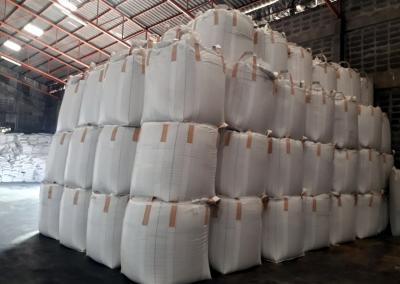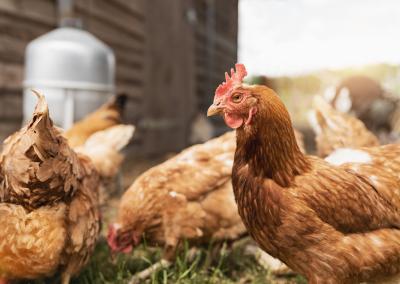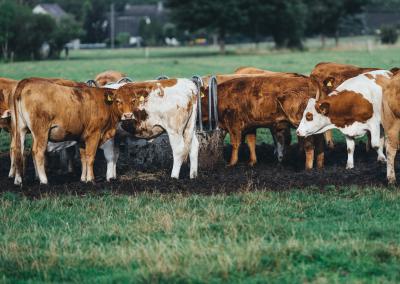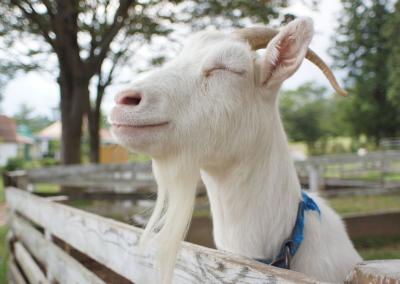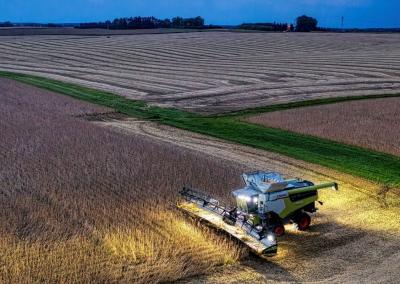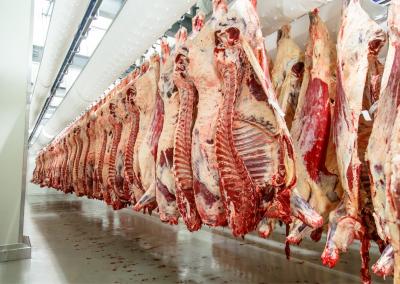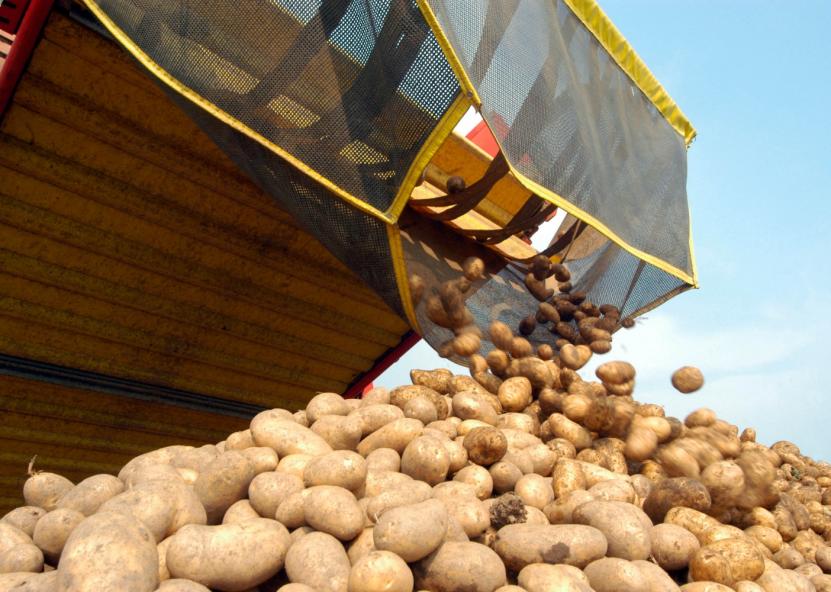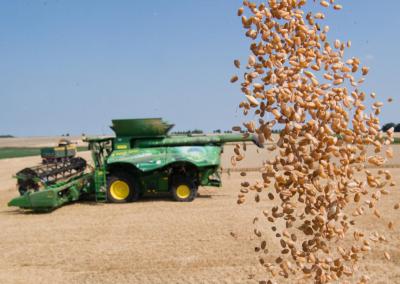Copa-Cogeca meeting on the potato market
Copa-Cogeca hosted a meeting of the working group "Potatoes", attended by Zofija Cironkienė, an expert from the Lithuanian Vegetable Growers Association (LDAA). An overview of the potato market was presented to the working group.
The market will continue to see increased demand for potatoes for processing, with a projected decrease in the area of potatoes for public consumption, starch and seed. There is a shortage of certified seed potatoes on the market. The weather conditions at the beginning of the year were not favourable for the planting of the new crop – in central Europe, too much rainfall, and in southern Europe – deficit of rainfall or even drought in some regions, with colder than normal temperatures.
Climate change threatens potato production. for pests).By 2022, Europotat, the European potato association, has collected data and evaluated the damage caused by potato leafhoppers to the EU potato sector, and once again presented its insights to the meeting participants. The situation is only getting worse. There are cases of potato leafhoppers damaging up to 70% of the potato crop on farms. Only in Scandinavia is the damage so far small, but it is increasing over the years, including in Lithuania. The quality of the potatoes is deteriorating, making trade more difficult.
The ban on fipronil and ethoprophos made it impossible to control the problem. Europatat brings together scientists from Austria, France, the UK and other countries to conduct research, with EU funding, to find solutions for controlling the spread of the fungus.
What pesticide companies are working on is looking for possible solutions to control and prevent the spread of gaps. Some companies have already registered or are in the process of registering Syngenta's insecticides Force Evo, Karate 0.4 g and Nematicide Nemathorin 10 g. German potato growers are trying to control potato leafhoppers with the biological insecticide Attracap.Another topic of the meeting was Brexit, which has practically disrupted the trade in seed potatoes and the exchange of genetic material, and the mutual recognition of the DUS (Varietal Distinctness, Uniformity, and Stability) and VCU (Varietal Value for Utilisation) certificates, which has further increased the scarcity of seed potatoes in Europe.At the meeting, Copa-Cogeca tabled a proposal to change the potato classification. The problem is that the current CN code 0701 covers all varieties of potatoes, both potato varieties and potato varieties with no differentiation as to the purpose for which they are intended (including starch potatoes). The classification does not reflect whether the potatoes are intended for public consumption, for processing or for seed, and creates a barrier for producers who grow potatoes for public consumption and wish to integrate into fruit and vegetable producer organisations (FVO). Growers and companies are involved in different market segments and need accurate statistics, and the current statistics do not reflect the different segments of the potato sector. It is therefore proposed to split CN code 0701 into two codes: potatoes intended for processing, whether or not open or processed and other potatoes, whether or not open or processed. This would provide more clarity and better reflect market realities.


